Learn from our Board Certified Expert How You May Qualify for a National Interest Waiver
What is a National Interest Waiver?
Some professionals with Advanced Degrees and persons of Exceptional Ability are not required to have a Labor Certification granted to them before they can apply for permanent residence if they are granted a National Interest Waiver (NIW). In fact, persons eligible for the NIW are also exempt from the job offer requirement and can self-petition and sponsor their own permanent residence.
What Is the “National Interest”?
The legal definition of what is considered the “national interest” is not defined by law. In 1998 an immigration agency decision called Matter of New York State Department of Transportation (NYSDOT) was issued which provided a set of factors to be considered. And again in 2016, the immigration agency USCIS issued a new decision called Matter of Dhanasar adopted a new analytical framework or test for evaluating an NIW. The court eliminated the framework from NYSDOT.








